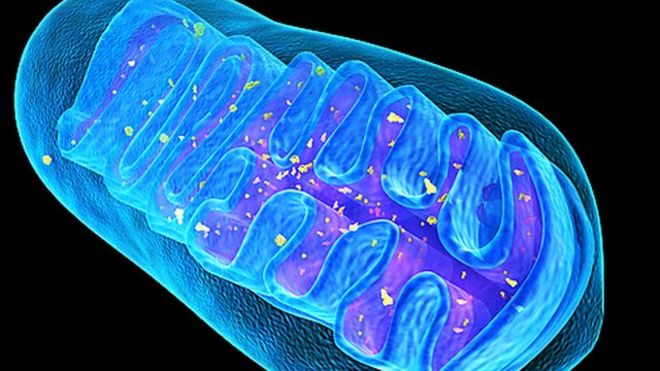Scientists May Have Identified the Protein That Controls Aging
- Submitted by: Love Knowledge
- Category: Science
In Brief
• Two biochemists have discovered a link between a protein called carbonic anhydrase and aging in the brains and muscle cells of mice.
• While still in the early stages of development, their research could lead to treatments for diseases such as Alzheimer’s and Parkinson’s.
A Powerful Protein
In addition to being the “powerhouse of the cell,” the mitochondria could also be home to a certain protein that’s in charge of the body’s aging, according to a new study by two biochemists at Nottingham University.
Dr. Lisa Chakrabarti and PhD student Amelia Pollard examined the brain and muscle cells of both young and middle-aged mice and noted that high levels of a protein called carbonic anhydrase were found in those of the older mice. A high concentration of carbonic anhydrase was also reflected in samples from young brains suffering from early degeneration, suggesting that an increased concentration of the protein could be linked to the aging process.
To further test the theory, the scientists fed carbonic anhydrase to tiny nematode worms and found that their lifespans were shortened as well.

Credit: Pasieka/Science Photo Library
Clues To Further Research
Knowing that carbonic anhydrase has this effect could help us unlock future treatments to slow general aging or mitigate such neurodegenerative diseases as Alzheimer’s and Parkinson’s Disease.
“This gives us a very promising start in working out how we can best target this protein within the mitochondria to slow the effects of aging in the body while limiting other unwanted side effects on the body,” said Chakrabarti. “It could potentially offer a significant new avenue in both tackling degenerative illnesses and the general effects of aging on the body.”
Though Chakrabarti and Pollard’s work is promising, we are still quite a long way from fully understanding the causes of cellular degeneration. There’s a big leap from mice to men, so further testing will need to be done before their research can be applied to human subjects.
Read more http://futurism.com/scientists-may-have-identified-the-protein-that-controls-aging/








Comments (0)